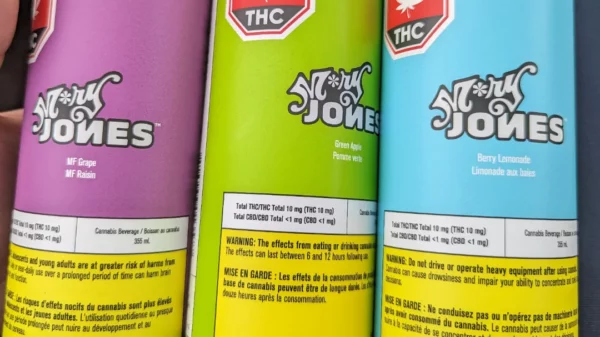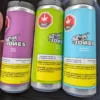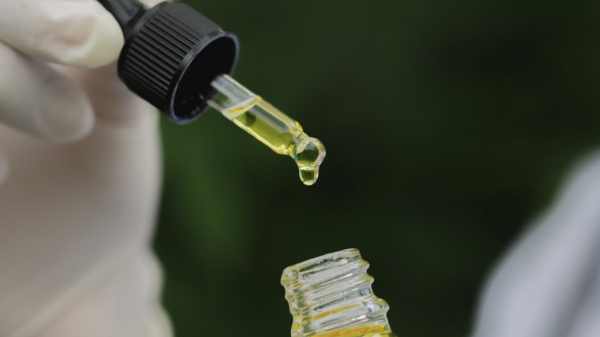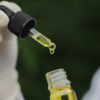The U.S. Food and Drug Administration (FDA) said last week it is expediting its efforts to create rules for CBD and plans to publish a report on its progress by early fall.
Amy Abernathy, the FDA’s acting chief information officer, took to Twitter last Friday and said the federal agency is aware the industry is anxiously awaiting its policy framework.
FDA is expediting its work to address the many questions about cannabidiol (CBD). This is an important national issue with public health impact, & an important topic for American hemp farmers and many other stakeholders.
– Amy Abernethy, FDA’s chief information officer via Twitter
Abernathy notes the agency heard testimony from 100 speakers at a May 31 public hearing on CBD policy and collected more than 3,400 comments from an online public docket that closed July 16.
“We are enthusiastic about research into the therapeutic benefits of CBD products but also need to balance safety,” she said. “To understand the breadth of issues and gather data on safety we have conducted a public hearing, reviewed the medical literature, and have an open public docket.”
1/3 FDA is expediting its work to address the many questions about cannabidiol (CBD). This is an important national issue with public health impact, & an important topic for American hemp farmers and many other stakeholders. pic.twitter.com/XQbXb0KspU
— Dr. Amy Abernethy (@DrAbernethyFDA) July 12, 2019
FDA’s multi-billion dollar decision
Today in the U.S. only CBD topical products such as beauty products and anti-aging creams are legal for sale. But the FDA is looking into the safety, manufacturing, product quality, marketing, labelling and sales of the wellness compound to be used in food, drink and supplements.
Abernathy said the agency plans to report progress on the issue somewhere between the end of summer and early fall.
The FDA policy options could range from making pure CBD isolates illegal, to allowing sales under strict compliance rules that apply to most supplements, or waiving FDA requirements altogether.
U.S. cannabis market research firm Brightfield Group said in a recent report if the FDA gives the green light for CBD to be used in food and supplements it will help create a US$23.7 billion industry by 2023 in America.
The U.S. market for CBD this year is estimated at US$5 billion, according to Brightfield, which means FDA approval will help the wellness extract reach a compound annual growth rate of 47 per cent.
“The agency is under pressure from Congress and a number of key industry players to move through this process quickly, and as such is likely to significantly cut down its typical 2-year timeline for rolling out standards and regulations with regard to CBD,” Brightfield notes in its report.
Democrat Senator Ron Wyden representing Oregon urged the FDA last month to speed up its regulatory process for CBD in a letter to the agency, saying its timeline on the issue is “fully unacceptable.”
CBD safety first
Because the FDA went through a lengthy process to approve Epidiolex last year, the CBD-containing drug developed by GW Pharmaceuticals PLC (NASDAQ: GWPH), former FDA commissioner Scott Gottlieb said to create a policy framework for CBD to be used in food could take years without intervention from Congress.
The FDA said Americans should not consider CBD to be a complete risk free cure-all substance in a consumer report published earlier in July.
“There are many unanswered questions about the science, safety, and quality of products containing CBD,” the FDA report said.
The FDA cited one study from the University of Arkansas that found high doses of CBD brought on liver damage in mice within 24 hours. However, critics argue the mice were given doses that far exceed any reasonable amount human typically ingest (equivalent of 42,00 milligrams).














